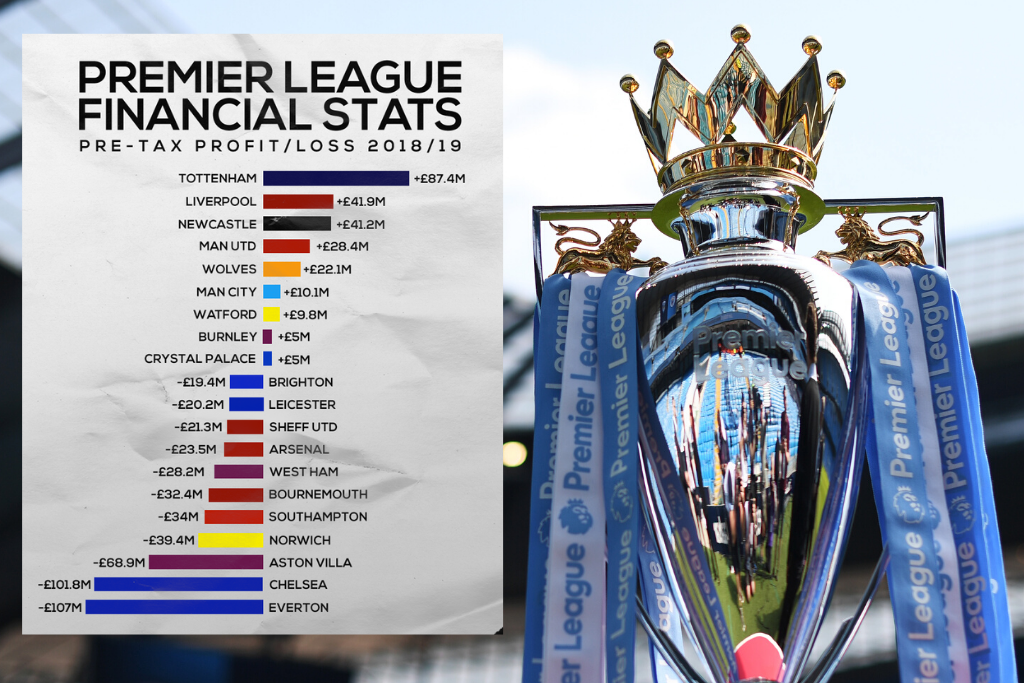In soccer/association football, teams are quite literally private clubs which are hard to get into and only accommodate a few players at any given one time. Top-flight teams like those in the English Premier League (EPL) demand the highest possible caliber of players and are even more exclusive. Unfortunately, a good number of players who sign with these teams fail to make the cut – a reality that forces clubs to explore alternatives such as loaning them out in the interim.
Why do soccer teams loan players? There are many reasons why soccer/football teams loan their players out. The most common one is so that a player can get the valuable playing time that they would not be afforded in the club they are signed with, which is commonly referred to in football circles as the “parent club”.
The phenomenon has become common over the past few years with almost every club, especially those in top-tier leagues, having several clubs out on loan every season. Statistics from the EPL show that in their 2019-20 season, around 163 players were out on loan to other teams both within and outside the Premier League.
A Common Practice
Before attempting to outline the reasons why players are sent out on loans, it is first important to understand what the term means in football/soccer. A loan (more officially known as the loan system) allows players who are signed with or owned by one team to be temporarily sent to another team.
The system makes it possible for teams to sign more players than they would otherwise have the ability to field or use in matches. Most players who are sent out on loan are often young promising players who are momentarily shipped out abroad or to lower leagues to gain some much-needed match experience and development.

Senior players who fall out of the pecking order at their parent team may also be sent out on loans. Some teams however prefer sending such players out on loans to other lower-ranked clubs within the same competition to keep them match-ready in case they may need to recall them.
The practice is common not only in the EPL but in other first-rate leagues such as Germany’s Bundesliga, Italy’s Serie A, Spain’s La Liga, Portugal’s Primeira Liga, France’s Ligue 1 and Scotland’s Professional Football League.
Teams in these top-flight leagues have been known to loan players to each other. Some have even developed “loaning relationships” where players are more likely to be sent on loan to or be received on loan from certain teams in corresponding leagues than most other teams.

Loan rules tend to differ from league to league due to differences in their structures. While sending players out on loans may be common in the EPL, the practice is not as prevalent in the La Liga where clubs are allowed to have B teams which play in lower divisions.
La Liga clubs therefore have the luxury of developing their players by affording them first team football without having to ship them out on loans. Soccer teams have been sending players out on loan since the late 1960s.
The Why
One could argue that football teams are “forced” to send players out on loans since they cannot sign a player only for them to go unused. There are, however , certain motivating factors which prompt the decision. Though the reasons may differ from team to team, they tend to revolve around the following:
1. To gain experience
Top-tier leagues such as the EPL are not for the faint of heart. Thrusting a player onto such a stage may be equated to pushing an inexperienced swimmer into the shark-infested deep end of a swimming pool. Two things are likely to happen: they will either be overwhelmed by the water or get attacked by the sharks.

Professional soccer leagues and particularly high-profile clubs are very much like swimming pools with their own version of sharks (big-name or senior players). Most young players find it difficult to cope with the pressures of adjusting to the high demands of such environments and often need to be loaned out to similar but less demanding settings, which are often referred to as “farm teams”.
At the farm teams, the younger, inexperienced players can gradually learn the nitty gritty of the job and condition themselves to swimming in the deep end. Loans also provide young players with the opportunity to show their seniors that they belong and that they are worthy to be considered their peers.
2. To balance the books
Running or even maintaining a soccer team is naturally expensive. The costs associated with it include stadium maintenance or hiring fees and staff salaries (managers, coaches, trainers, nutritionists and support staff like security, cleaners, chefs/cooks down to water and ball boys).

However, the most recurring hefty expense is player wages, which run into millions every week for top-flight teams. Having players out on loans allows clubs to stay in the black by saving some money.
The agreement may include terms which state that the other club will take up the parent club’s obligation of paying a player’s wages either partially or fully. Such agreements may also provide that the parent club will only pay the player’s wages while the other club pays for the player’s upkeep.
3. To “beat” a transfer window
The world’s football governing body, FIFA along with regional and national governing bodies have stipulations which mandate that players are only able to be signed during prescribed transfer windows.

Transfers however take time due to the prolonged nature of negotiations leaving a club without the sufficient time necessary to secure a transfer during a transfer window. Agreeing to receive a player on loan takes a shorter time and is considerably easier.
Both teams can also agree to include clauses on the loan agreement that allow the recipient to purchase a player permanently on the next transfer window.
4. To avoid disputes, indiscipline or injuries
Teams are like armies. Success depends on the cohesion of the overall unit and following the chain of command (which has the management and manager/coach as the head and players as foot soldiers, pun intended).
However, in such strenuous, ultra-competitive environments, disputes are likely to arise between players and management or even among players themselves. Loans provide a temporary reprieve for players who fall out of favor with management or their teammates.

Former Manchester United duo Alexis Sanchez and Romelu Lukaku are good examples of such an instance. The two senior players were loaned out to Inter Milan in 2019 after falling out of the Red Devils’ rotation.
Loans also offer an escape to players who may be suspended due to indiscipline by offering them the opportunity to stay match-ready as they await reinstatement. Injured players also benefit from being loaned out since they are provided with the resources and environment to recuperate without any overbearing expectations.
